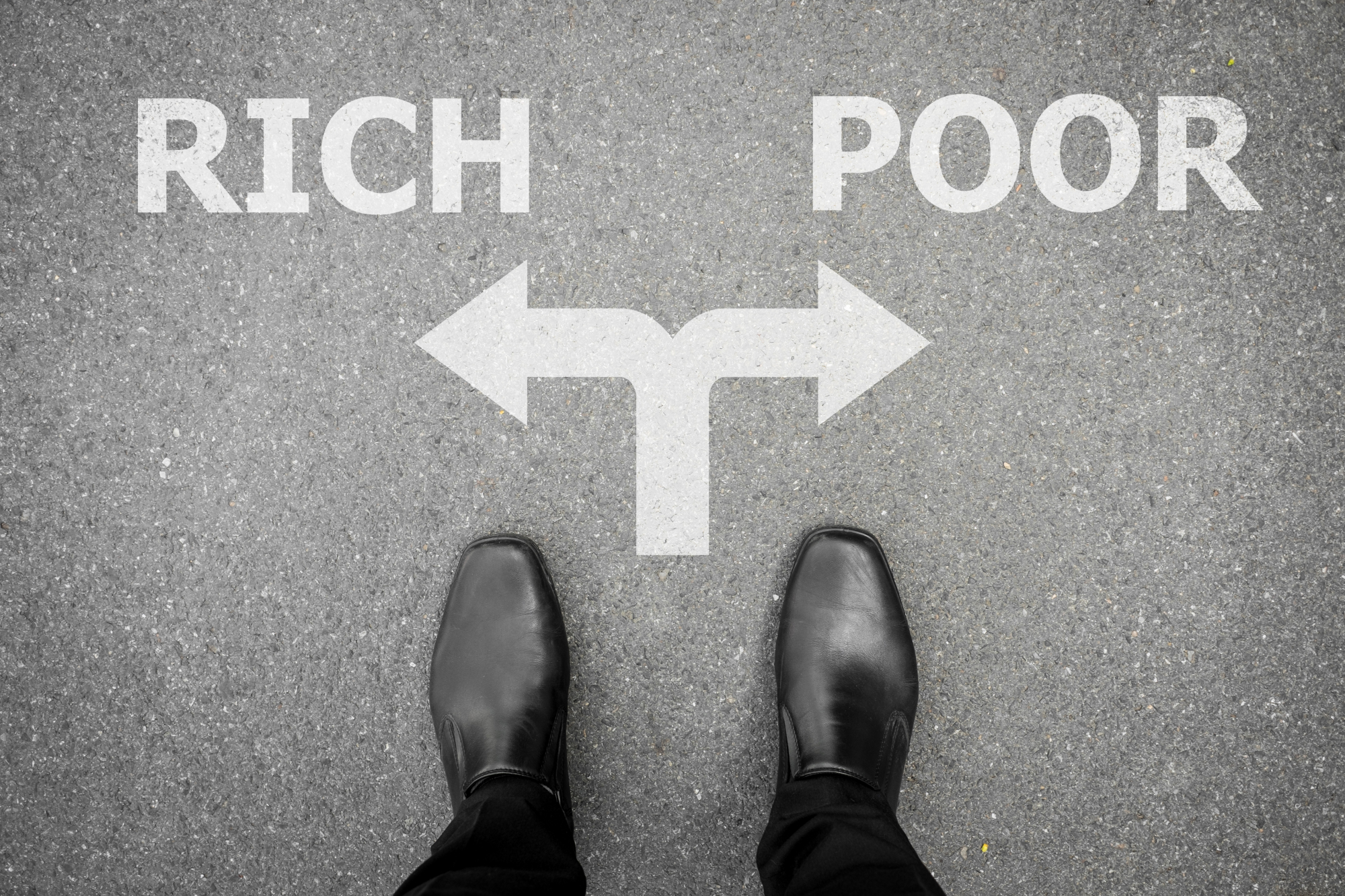The nature of poverty in rich countries has changed. The sort of material deprivation common in developing nations is effectively a thing of the past. But millions of Americans lead precarious lives — always on the verge of getting evicted, not knowing where their next meal will come from, or unsure how they'll be able to generate an income. This precarious existence has replaced abject deprivation as the fundamental marker of poverty.
Many believe such lifestyles are the result of low effort or poor individual choices. If people would simply follow the so-called success sequence — delay marriage and childbirth, stay in school, work hard and so on — they wouldn't fall into poverty. According to this view, welfare programs such as food stamps, housing vouchers or basic income are counterproductive, because they discourage the effort and perseverance that poor people need in order to lift themselves up by their bootstraps.
But this idea probably relies on a deep misunderstanding of what the lives of poor people are like. Economists are starting to accumulate evidence that instead of being indolent layabouts, poor people are harried and frantic. To deal with a world of precarity, where any misstep or piece of bad luck can lead to disastrous consequences, requires a massive amount of cognitive effort. And it's the stress of that constant effort, rather than bad morals or welfare-inspired laziness, that drives many poor people to make subpar decisions.



















With your current subscription plan you can comment on stories. However, before writing your first comment, please create a display name in the Profile section of your subscriber account page.